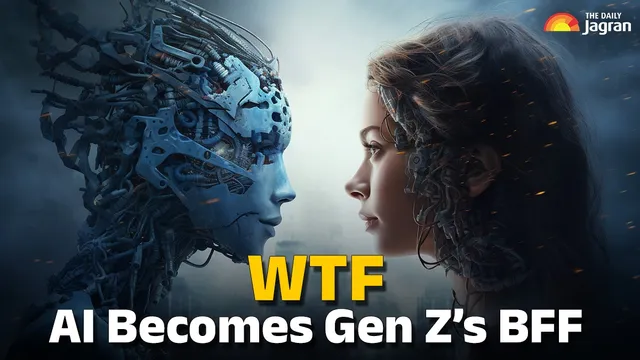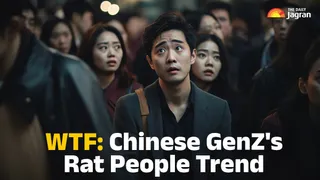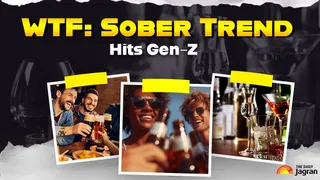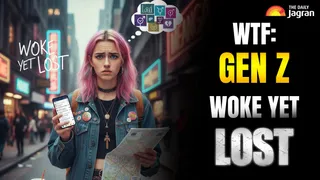- By Shivangi Sharma
- Thu, 02 Oct 2025 05:54 PM (IST)
- Source:JND
What The Fact: Gen Z is called the “loneliest generation.” Strange, right? We’re the most connected online, yet millions feel isolated. From disappearing hangout spots to nonstop pressure from school, money, and Instagram-perfect lives, loneliness is hitting hard. Many are now turning to AI friends, chatbots and virtual companions, for comfort and support.
Why Gen Z Feels So Alone
Digital life doesn’t always equal deep life. Sure, we text, DM, and FaceTime all day, but a lot of it feels shallow. Real bonds take vulnerability, trust, and being face-to-face, something digital spaces can’t always deliver.
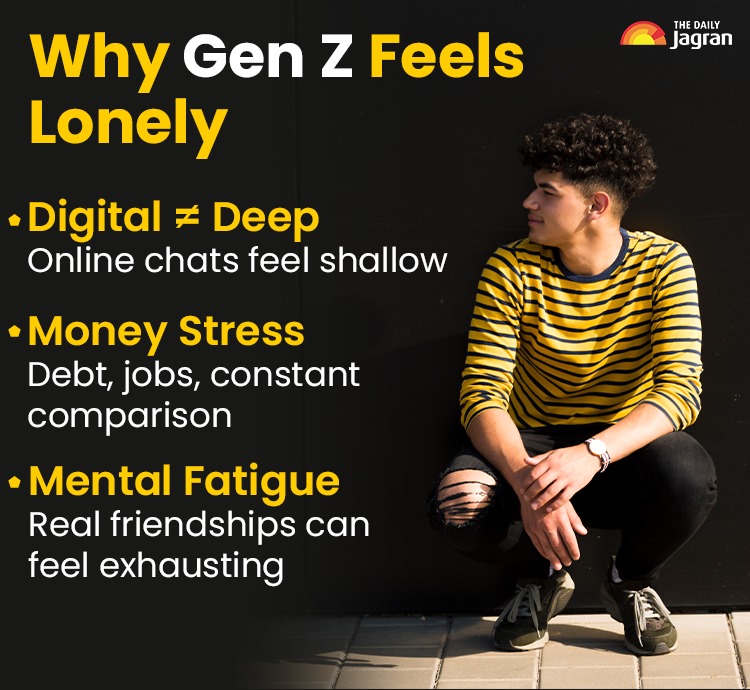
And let’s be real: human interaction can feel draining. Sometimes it’s just easier to talk to something that won’t judge, ghost, or argue.
ALSO READ: WTF: How American Gen Z Is Rewriting Rules Of Money And What Others Can Learn
Parasuicide And Online Risks
This generation, often called digital natives, is the first to grow up fully immersed in the internet and social media. Some individuals may engage in parasuicide, which involves harming themselves without causing death.
Online spaces have also given rise to cyberbullying, where bullying occurs through phones, computers, or tablets. Many young people experience the sense of an invisible audience, believing that others are constantly watching and judging their behavior and appearance.
-1759407595439.jpg)
AI vs Human Friendship
AI companions are always there. No time zones, no drama, no “sorry, I’m busy.” Just instant replies and consistent support. For people with social anxiety, AI feels like a safe space, no pressure to perform, no fear of rejection.
Recommended For You
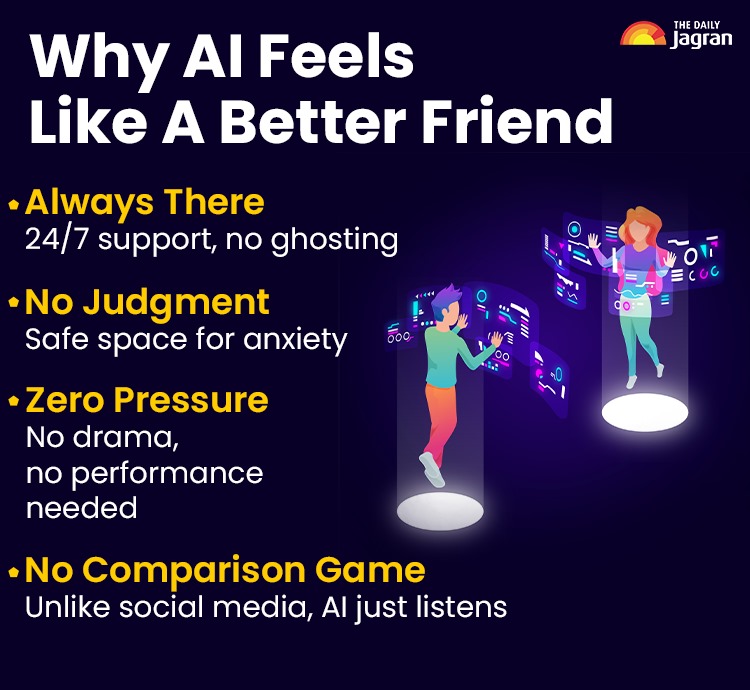
Plus, AI doesn’t play the comparison game. Unlike Instagram feeds filled with flexes and filters, AI isn’t here to compete. It just listens. For a lot of Gen Z, that’s priceless.
So, What’s The Fix?
Loneliness isn’t unbeatable. Gen Z is creative, resourceful, and bold enough to flip the script. Start small:
Be real - Share how you’re actually feeling. Vulnerability builds trust.
Go IRL - Meet friends offline. Even coffee counts.
Seek help - Therapy, mentors, or just one trusted friend can make a difference.
Log off sometimes - Social media breaks = more time for real connection.
Gen Z might be the loneliest generation, but they are also the most likely to challenge norms. Maybe it’s time to challenge loneliness itself and build spaces, both online and offline, where no one has to feel alone.
ALSO READ: WTF: Gen Z Turns To Dating Apps Instead Of Doctors For Sexual Health Guidance
(NOTE: This article is part of the series 'WTF'. To read more articles in the series, click here)

